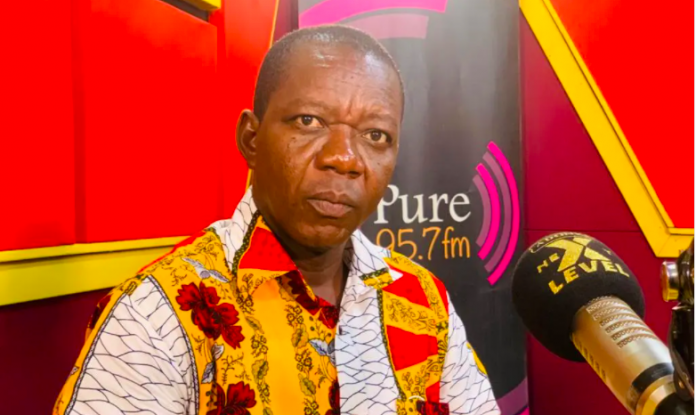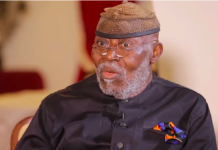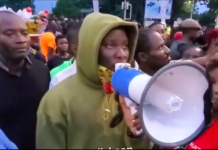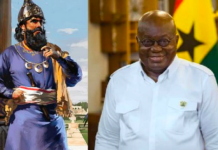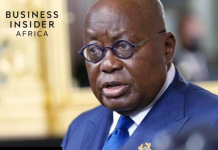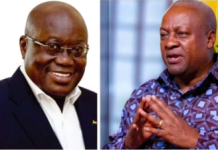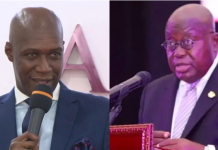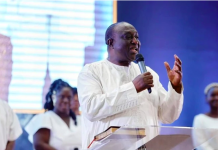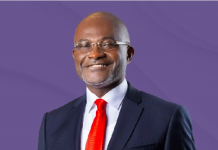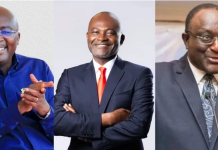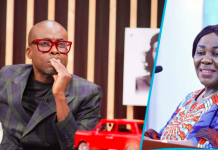According to Dr. Stephen Banahene, Vice President of Christian Service University (CSUC), believes the government should rescind the planned 1.5 percent electronic transaction charge.
The University Don asked on ‘Pure Morning Drive’ with Kwame Adinkrah why the policy is still under review given the statistics provided.
“With practically every academic poll suggesting that Ghanaians oppose the planned e-levy, why should it even be discussed now? It should be gone now. “Withdraw it.” On March 17, he remarked on Pure FM in Kumasi.
The Supreme Court’s recent decision allowing Deputy Speakers to vote on important parliamentary issues suggests the government’s planned tax on electronic transactions, which has split the August House for months, may be enacted sooner than anticipated.
The government has revealed the Electronic Transaction Levy — to earn enough domestic money to preserve the economy following the COVID-19 epidemic.
Given the 137-seat divide between the governing NPP and the main opposition NDC, an independent candidate who also serves as deputy Speaker is the only way to pass the E-levy.
As long as all governing NPP members are in parliament on the day of the vote, the ruling NPP will win the disputed E-levy bill with or without the primary Speaker, Alban Bagbin presiding.
While Majority Leader Osei Kyei-Mensah Bonsu stayed mum on the government’s next move, he expressed confidence in the e-levy bill’s passage.
“If a lady spends long in the bathhouse, she is certainly cleansing herself well,” he remarked in parables.
Meanwhile, President Akufo-cousin, Addo’s Gabby Asare Otchere-Darko, advocated a public discussion on whether Ghana should return to the International Monetary Fund (IMF) or depend on the planned Electronic Transaction levy (E-levy), citing Ghana’s difficult choices.
“We should discuss whether we want IMF, E-Levy, or both. Ghana faces tough choices.” His tweets read.
Source: TheBBCghana.Com

